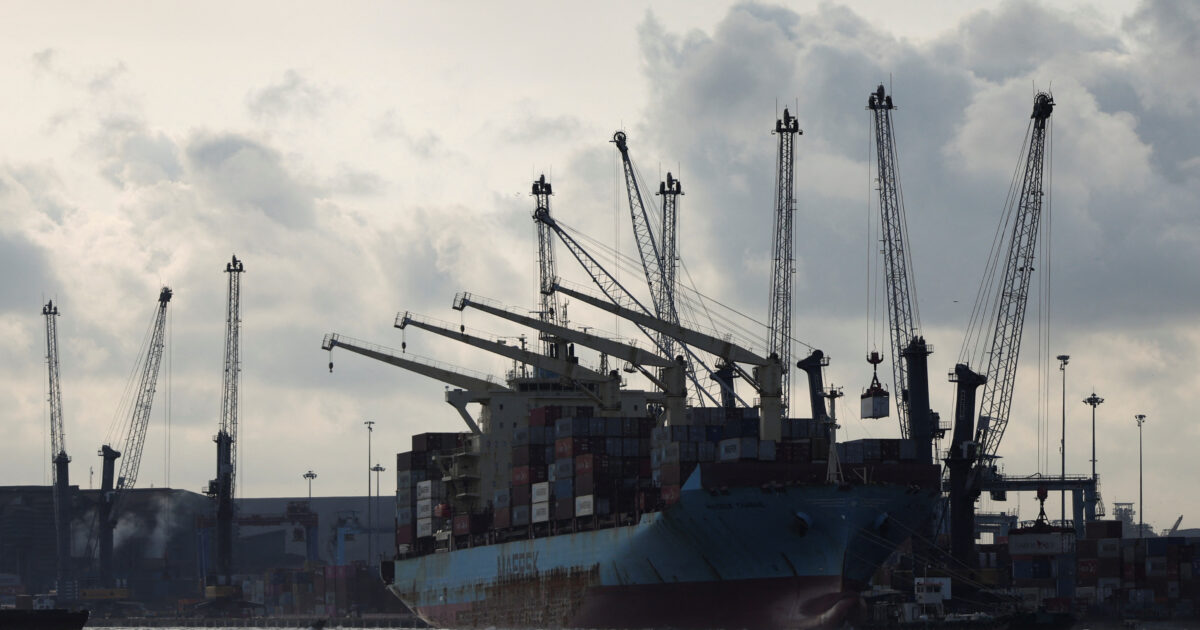The rejuvenation of tension in Middle Eastagainst the backdrop of the conflict between Israel and Iran and threats to critical sea passes, creates a new wave of geo -economic instability and uncertainty about the business.
For Greece, which many of its businesses depend on the smooth flow of energy and goods through these Middle East paths, the effects are immediate and multilevel. Critical sectors of the economy enter a pressure zone, with smaller businesses at the most vulnerable point.
The most direct consequences of the crisis are the shipping. Greek shipbuilding, although reinforced by increased fares, is burdened with higher premiums and increased cruise times due to forced retroactions. Avoiding the Red Sea raises operating costs, especially for companies carrying loads between Asia and Europe. For smaller players, who do not have high flexibility or capital comfort, the new reality raises serious sustainability questions.
Equally important factor is the ejecation of oil prices which strongly reinstates the risk of energy suffocation for businesses.
Branches such as industry, transport, tourism and agri -food, see costs grow significantly. If the adverse scenarios are confirmed and the price of Brent is stabilized at levels of more than $ 100 – 110 per barrel, the blow to the liquidity and competitiveness of small and medium -sized enterprises is expected to be particularly intense.
In the eye of the cyclone enters and the tourismconcern also in the context of the extraordinary KYSEA. Greece’s geographical proximity to the warrior may classify it, especially in the eyes of travelers from US, Asia or Australia, as part of a “wider area of instability”.
The result can be immediate and versatile with cancellations of organized cruise, which usually combine visits to ports in Greece, Israel, Turkey and Egypt, creating a dominue of cancellations even for Greek destinations. It is also at risk of increasing travel insurance costs and insurance contracts, both for tourists and for tourism businesses operating in international interconnections, thereby reducing the demand and competitiveness of specific packages, reservation cancellations, etc.
Serious blows will suffer the greatest, industrial and manufacturing, businesses. Greek industries are largely dependent on imported raw materials and energy.
With maritime traffic disturbing, there are already delays and increases in shipping up to 40% with uncertainty to “de facto” pushing businesses either to more expensive alternatives or, in the long run, even in production interruption. The final product prices are expected to increase, burdening consumption and reducing competitiveness.
The next link in the chain, are the commercial operations. Mostly those that are small and medium -sized will be called upon to manage a double problem: on the one hand increased cost of procurement, on the other hand, decline in demand due to ratings.
Those who do not have stocks or strong profit margins are at risk of being found without goods or with products that they cannot dispose of. Lack of liquidity makes it difficult to adapt to new data, increasing the risk of “padlocks”.
